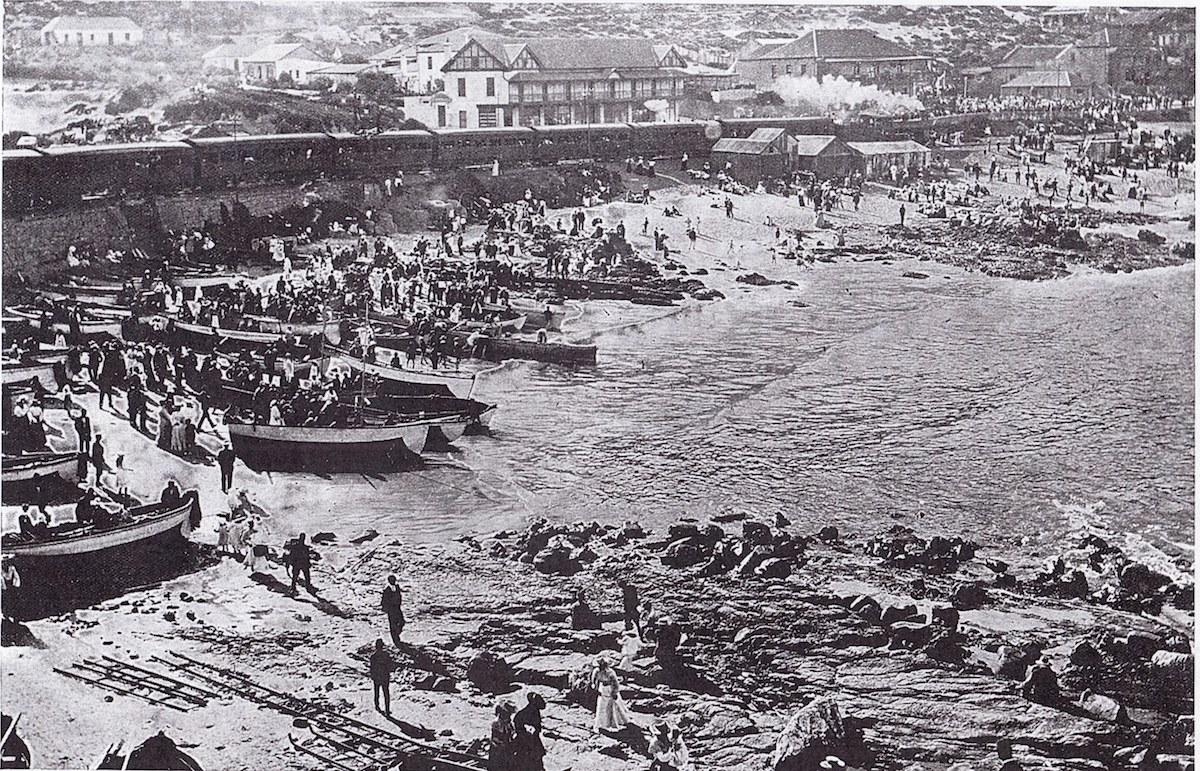
As early as 1839, people from the Philippines began making their homes in Kalk Bay – many were sailors who jumped ship. Some later arrivals were fleeing a revolution in their homeland. Known for being excellent fishermen, the Filipinos joined the growing community in Kalk Bay, whose livelihood depended on both fishing and whaling.
Many of the descendants of these early settlers still live in Kalk Bay. The proud history of their forebears still influences the community feel and character of the village. ‘I am often asked “Why are you so different?” And I usually say to them ‘I come from Kalk Bay. That’s why I’m different.’- Kalk Bay skipper
Tony Trimmel, a descendant of one of these original settlers and the Chairperson of the local Ratepayers’ Association and a member of the Kalk Bay Historical Association: “We decided several years ago that it would be appropriate to honour the original community by naming the steps leading from Boyes Drive to the old graveyard on Quarterdeck Road. We settled on the name Manila Steps and, on 5 December 2017, this was approved by the City of Cape Town.”
We invite all interested parties – the wider Filipino community, local historians and community members – to join us on 28 October at 1.45 pm at the Holy Trinity Church Hall Kalk Bay. We will walk up to the Manila Steps and celebrate our proud heritage. We are delighted that we will be joined by the Ambassador of the Philippines, the Deputy Mayor of Cape Town Mr. Ian Neilson as well as clerics from different faiths. Refreshments will be served after the ceremony at the Holy Trinity Church Hall.
The booklet written by local historian Steve Herbert, titled The Filipinos of Kalk Bay (R50) is on sale at Kalkies in Kalk Bay Harbour and will be on sale on the day.
To RSVP for this event, please email arcadia49er@gmail.com
Disclaimer: Any views expressed by individuals and organisations are their own and do not in any way represent the views of The Heritage Portal.
